Just weeks after your health fund premiums increased, fund executives were living it up in Lisbon
HEALTH fund executives treated themselves to a lavish industry conference in Lisbon last month just weeks after they jacked up the annual cost of premiums by $200 a year.
National
Don't miss out on the headlines from National. Followed categories will be added to My News.
HEALTH fund members paid $600,000 to send 40 health fund chiefs — three times the representatives of some large countries — on an all-expenses-paid trip to Europe last month just weeks after premiums soared by $200 a year, more than twice the inflation rate.
CEOs and board members from Medibank, NIB, HCF, HBF and at least four smaller health funds attended the International Federation of Health Plans Conference in Lisbon, Portugal, in June.
RELATED: Health fund memberships in ‘death spiral’, doctors say
EARLIER: Health funds plot to drop breast cancer cover

Lobby groups Private Healthcare Australia and the Member’s Health Fund Alliance also sent representatives. BUPA did not send anyone from Australia to the conference but it did have international representatives there.
Australia’s contingent was three times greater than the US (15) and four times that of Canada (10).
Some small Australian health funds sent more delegates than Spain (3), Denmark (5) and Germany (6).
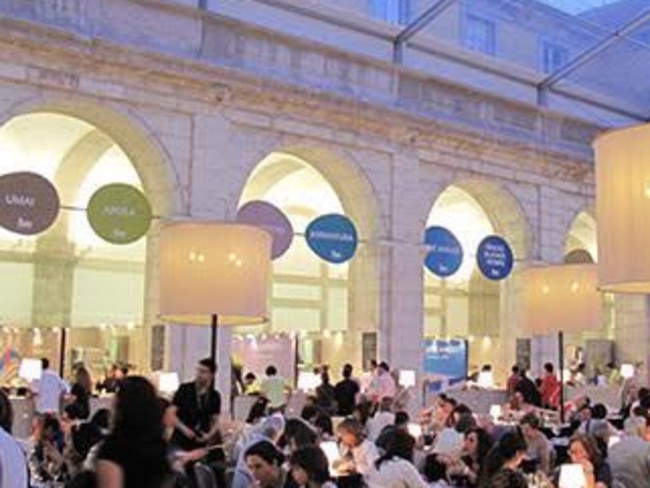
The trip which cost around $15,000 per person included business class airfares costing around $12,000 per person and dinner at the salubrious Sud restaurant in Lisbon, which boasts a 7,425 Euro bottle of pinot noir on its menu (this was not consumed by the fund executives).
A luxury cruise of the river Tagus and another dinner at Pateo da Gale on the “incomparable” site of the former royal palace were also on the itinerary.
The conference website says it organises a “strong evening program” for attendees and their partners to build networks and forge relationships.
With its warm weather, stunning beaches, history and proximity to other European tourist sites Portugal is emerging as a hot tourist destination.
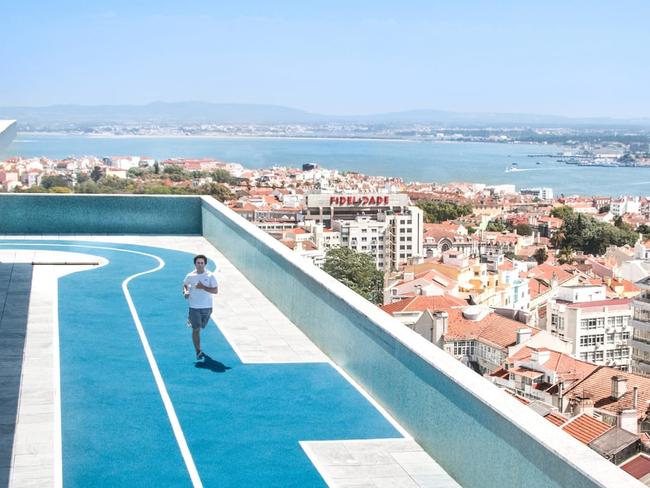
And the social media pages of some of the chief executives show they tagged family holidays onto the conference trip which occurred at the height of the European holiday season.
One CEO took his family to Barcelona, the Cinque Terra in Italy and Monaco, another appeared to be enjoying a holiday in Spain.
As health fund chiefs enjoyed their trip, back at home their members were struggling to find another $200 a year on average to pay for their cover and some learned their benefits had been scaled back.
And health fund membership continued to plunge from its peak of 47.4 per cent of the population in 2015 to just 45.5 per cent of the population in 2018.

Around $300 a year of your health fund premiums go towards management costs that cover the cost of, among other things, health fund executives attending conferences.
Taxpayers provide a $6 billion a year, 25 per cent subsidy for private health insurance and would have therefore helped health funds pay for those attending the conference.
Australian Medical Association president Dr Tony Bartone said the high cost of sending health fund executives to the conference “sends the wrong signals”.
“I would think the average Australian worker that is trying to cover the cost of rising health insurance premiums year on year would be suitably outraged at this behaviour,” he said.
“People are going without to maintain their health insurance and this sends the wrong signals,” he said.
Consumer’s Health Forum chief Leanne Wells said “policy holders will find it hard to accept that their member contributions are supporting expensive overseas conferences”.
“They might well ask at upcoming member and shareholder AGMs for a justification of how this kind of expenditure can be warranted, and what is being done to improve the value of health insurance policies,” she said.

Some of the nation’s smallest not-for-profit health funds sent up to eight people to the conference even though they posted higher than average premium rises on April 1.
Defence Health which posted an average premium rise of 5.97 per cent in April, almost twice the 3.95 per cent national average, sent three people including CEO Gerard Fogarty, a board director and company secretary.
He posted an Instagram photo from the Pateo da Gale on June 28 writing that he had a “great dinner with conference attendees”.
The boss of the health funds’ primary lobby group, Private Healthcare Australia, Rachel David said she attended the conference and delivered a keynote address on recent Australian cuts to hip and knee replacement prices.
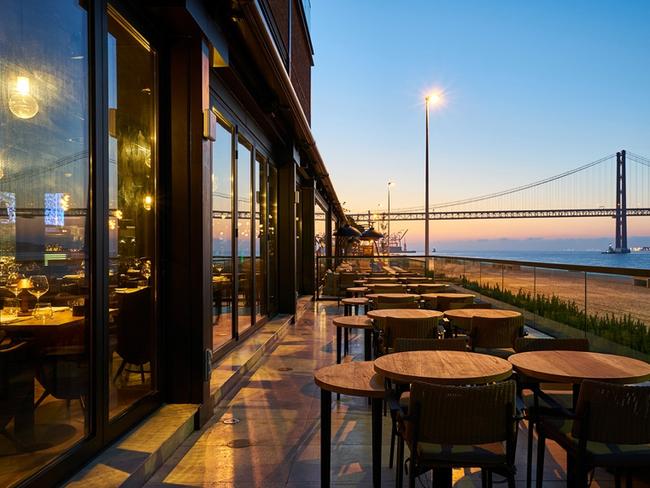
“For me it is important to compare notes with international counterparts. We had discussions about innovation in the sector, there were sessions on technology and how to prevent fraud and cybercrime,” she said.
“It was a worthwhile investment for insurance funds to keep up to date with what is happening globally,” she said.
HBF chief John Van Der Wielen says his fund made a “conscious decision” to send himself and six board members at a cost of $100,000 to the fund.
He and his board members learnt about the latest way to streamline costs by using robots, computer chatbots and artificial intelligence to process claims and deal with member inquiries, he said.
“I would stand by it … it is difficult if you are in Australia, if you want global input you have to travel,” he said.
Not-for-profit health fund HCF sent seven people to the conference and its CEO Sheena Jack said “international conferences provide invaluable opportunities to learn from other health systems and to benchmark HCF’s performance and customer service against global best practice in health insurance”.
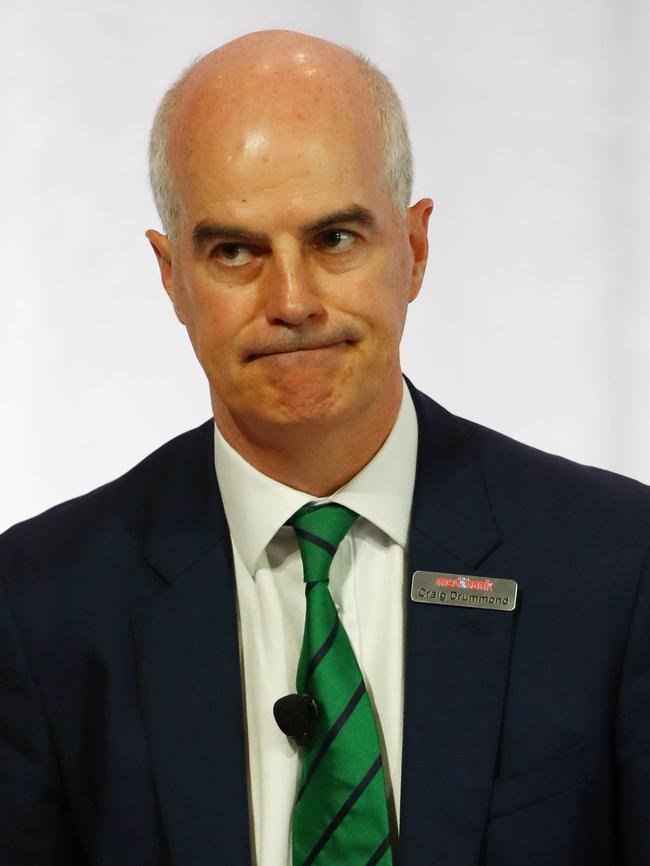
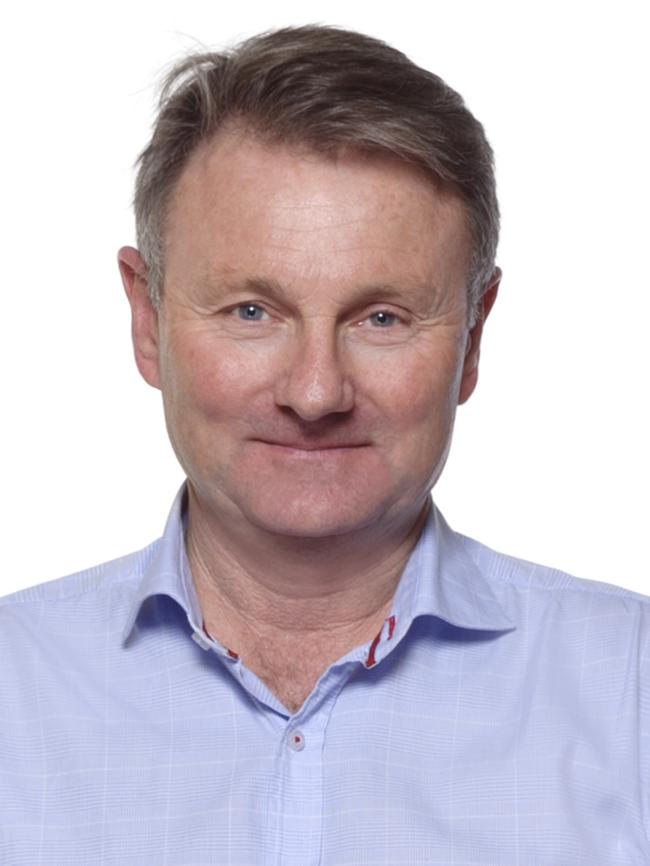
A Medibank spokesperson said the fund sent three people including CEO Craig Drummond, Group Executive Andrew Wilson and Board member Tracey Batten.
Mr Drummond took personal leave after the conference and visited the Port Wine growing region of Portugal in the Douro Valley.
The fund said its “executives met world renowned experts who specialised in breast cancer treatment, how genes affect a person’s response to drugs, as well as providing an opportunity to hear from start-ups who are creating global disruption such as Oscar, Ada and Alan.”
GMHBA — which also had an above average premium rise of 4.34 per cent — sent eight people to the conference but three covered their own airfares because they were already in Europe.
The funds came out of a budgeted pool of money for professional and business development and was not an additional management expense, a spokesman said.
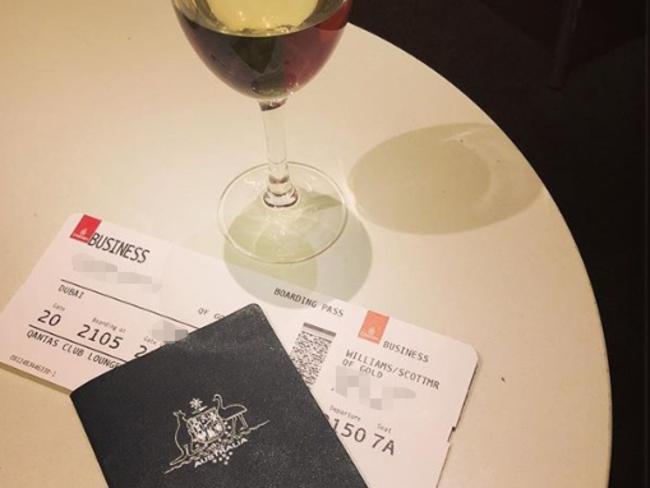
“We have already developed a range of action items to improve our business and member services from this conference. We are confident the benefits gained significantly outweigh the costs involved,” the spokesman said.
Teachers Health sent five delegates including four directors and CEO Brad Joyce.
Teachers Health directors are not paid ‘commercial remuneration’ and instead are offered ongoing professional development and training to ensure the currency of their technical knowledge as directors and its management expenses are among the lowest in the industry, Mr Joyce said.
Police Health CEO Scott Williams also attended and posted a picture of his business class ticket on Instagram and his stunning hotel room view of Lisbon.
NIB sent three people to the conference including managing director Mark Fitzgibbon.
